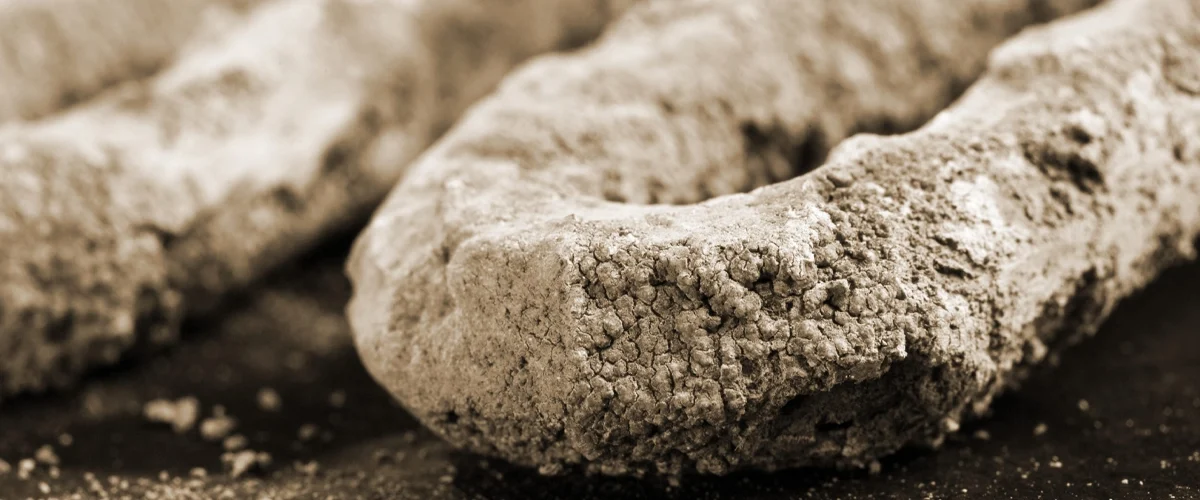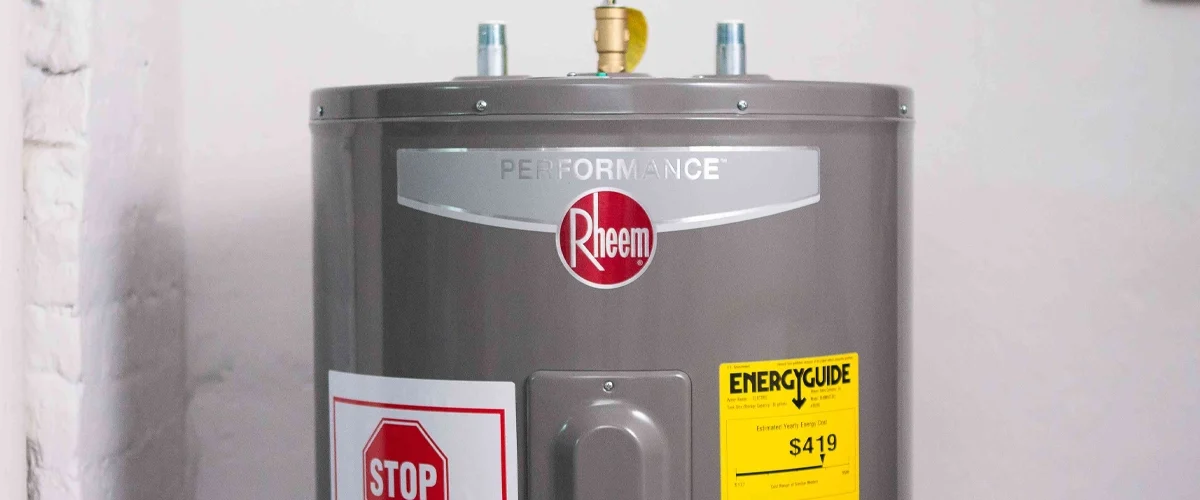The Impact of Water Quality on Your Water Heater's Lifespan
September 16, 2024
Water quality plays a crucial role in determining the longevity and efficiency of your water heater. Whether you’re considering a water heater installation for the first time or looking to extend the life of your current system, understanding how water conditions affect your unit is essential. In regions like South Florida, where water is typically hard, homeowners face specific challenges that can shorten the lifespan of their water heaters. This article will dive deep into the effects of water quality on water heaters, how it impacts water heater maintenance, and what you can do to mitigate damage. We’ll also explore when it might be time for a water heater replacement and how water heater experts like Pompa Plumbing can help you maintain your system effectively.
Understanding Water Quality and Its Impact on Water Heaters
Water quality refers to the composition and characteristics of the water that flows through your home. Key factors like mineral content, pH levels, and sediment accumulation can all affect how well your water heater functions. In areas like South Florida, water is often considered “hard” due to the high levels of dissolved minerals like calcium and magnesium. These minerals can accumulate over time and negatively impact the lifespan of South Florida water heaters.
The harder the water, the more likely your water heater is to develop issues such as scaling. Scaling occurs when the minerals in hard water form solid deposits inside your water heater’s tank and on the heating elements. These deposits reduce the unit’s efficiency, forcing it to work harder to heat the water. Over time, this additional strain can lead to premature system failure, necessitating frequent water heater maintenance or even a complete water heater replacement.
Sediment Buildup and Its Effects on Water Heaters
Sediment buildup is another critical factor influenced by water quality, particularly in areas with hard water. When water is heated, any minerals and particles suspended in the water begin to solidify, sinking to the bottom of your water heater’s tank. This sediment buildup can create several problems, starting with reduced efficiency. The heating element must now work harder to heat the water through a layer of sediment, resulting in increased energy consumption.
In severe cases, the sediment buildup can harden into a thick, rock-like substance that makes it nearly impossible for your water heater to function efficiently. If not addressed through regular water heater maintenance, this issue can lead to overheating, which stresses the heating element and other internal components. For homeowners in South Florida, regular flushing of the tank is recommended to minimize sediment buildup and prolong the unit’s lifespan. If you’re unsure of how to handle this task, water heater experts like Pompa Plumbing can assist in cleaning and flushing services.

How Hard Water Reduces Water Heater Efficiency
In addition to causing sediment buildup, hard water can directly reduce the efficiency of your water heater. As scale builds up on the heating elements, it acts as an insulator, making it more difficult for the unit to transfer heat to the water. This forces your water heater to work longer and harder, leading to increased energy consumption and higher utility bills. Over time, the constant strain on the unit will reduce its overall efficiency and lifespan, making water heater replacement necessary sooner than anticipated.
For homes in areas like South Florida, where hard water is prevalent, it’s crucial to have a water heater maintenance schedule in place. Regular maintenance can prevent significant scaling and sediment buildup, ensuring that your unit continues to function efficiently for as long as possible. Investing in water softening solutions or filters can also help reduce the impact of hard water on your water heater.
The Role of Water pH in Water Heater Lifespan
Beyond mineral content, the pH level of your water can also affect your water heater. The pH scale measures how acidic or alkaline the water is. Water with a pH that is too low (acidic) or too high (alkaline) can damage the internal components of your water heater. Acidic water, in particular, is corrosive and can eat away at the tank’s lining and heating elements, leading to leaks and other forms of damage.
Corrosion caused by improper pH levels often goes unnoticed until the damage becomes severe. This is why regular water heater maintenance is essential. Water heaters in South Florida homes should be inspected frequently for signs of corrosion or other issues caused by water quality. Installing a neutralizing system or using an anode rod can help counteract the effects of acidic water and prolong your water heater’s life.

When Water Heater Replacement Becomes Necessary
While regular maintenance and water treatment can extend the life of your water heater, there will eventually come a time when a water heater replacement is necessary. If your water heater is more than 10-15 years old, requires frequent repairs, or is no longer providing hot water efficiently, it may be more cost-effective to replace the unit. In homes where water quality is poor, the lifespan of a water heater may be even shorter, making it crucial to monitor your system closely for signs of wear and tear.
Choosing a new unit involves more than just replacing the old one. Homeowners in South Florida should consult water heater experts to determine which type of water heater is best suited for their specific water conditions. Some newer models are designed to withstand hard water better, with features like improved anti-corrosion materials and self-cleaning systems that reduce the impact of sediment and scaling.
Conclusion: Protecting Your Water Heater From Water Quality Issues
Water quality plays a significant role in the lifespan of your water heater. Factors like hardness, sediment buildup, and improper pH levels can cause your unit to fail prematurely, leading to higher maintenance costs and a shorter lifespan. For homeowners in South Florida, where hard water is common, regular water heater maintenance is crucial to keeping your system running efficiently. Addressing water quality issues through water softeners, pH adjusters, and routine tank flushing can help minimize damage and extend the life of your water heater.
If you’re unsure how to tackle these maintenance tasks or if your water heater requires more extensive cleaning and flushing services, it’s always best to consult a professional. Pompa Plumbing, your trusted water heater experts, can help you with everything from regular maintenance to complex repairs. Don’t let poor water quality shorten the life of your water heater—call Pompa Plumbing today for all your water heater needs, whether it’s maintenance, installation, or replacement.


